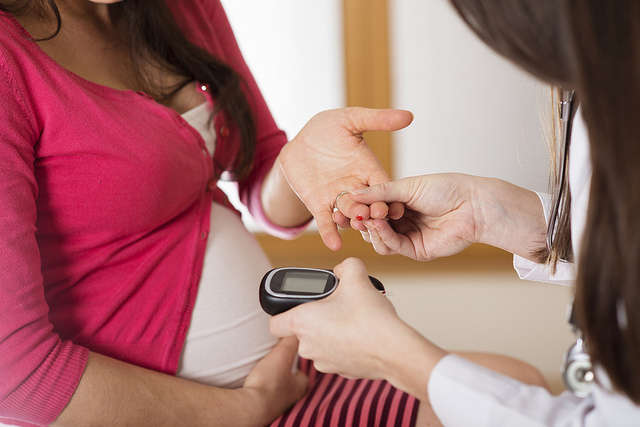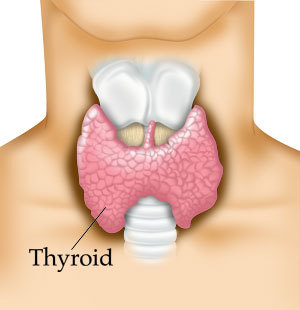Top Causes of Miscarriage

When your dream of starting a family is cut short by repeated miscarriages, you want to find answers. The causes of miscarriage often go undetected for many women. Although it's common for women to experience a miscarriage at some time in their lives, repeatedly not being able to carry a child to term could point to an underlying condition. Talk to your doctor about these top causes of miscarriage.
Uncontrolled Diabetes

Photo Credit: Agencia ID/Flickr
If you're diabetic, you know how important it is to keep your blood sugar levels under control, but you may not realize that uncontrolled blood sugar could increase your risk of miscarriage and stillbirth? According to the Mayo Clinic, pregnant women who have diabetes might need a team of specialists to ensure a healthy pregnancy and delivery. Your team might include an OB/GYN, an endocrinologist, a registered dietitian, and an eye specialist. The Mayo Clinic explains, "As your pregnancy progresses, your health care team can help you manage your blood sugar level and adjust your diabetes treatment plan as needed."
Abnormalities with the Uterus or Cervix
The University of California Los Angeles suggests that if you have abnormality of the uterus or cervix, your anatomy might make it difficult to naturally carry a baby to term without intervention. These abnormalities can include an irregularly shaped uterus and cervical duplication, which could inhibit a baby from properly developing due to inflammation, decreased uterine space and/or limited blood supply. After examination, your doctor can let you know if you have any abnormalities and if treatments, like surgery, could help your specific situation.
Thyroid Disease

Photo Credit: wellunwell/Flickr
Your thyroid gland produces hormones that have a major impact on many different systems throughout your body, including your metabolism, digestive and heart function, as well as brain, bone, and muscle maintenance. The University of California Los Angeles suggests that if the thyroid gland has an imbalance, it could increase the risk of miscarriage. "A woman's immune system may...play a role in recurrent pregnancy loss. Hormone abnormalities may...impact pregnancy loss, including thyroid disease." Your doctor can find out if you have a thyroid imbalance or thyroid disease with a simple blood test, and treatment often involves taking thyroid replacement hormone.
Genetic or Chromosomal Abnormalities

Photo Credit: palmdoc_mmr/Flickr
According to the Mayo Clinic, most miscarriages actually happen because of chromosomal or genetic abnormalities that cause the fetus to not develop normally. "About 50 percent of miscarriages are associated with extra or missing chromosomes," they explain, "chromosome problems result from errors that occur by chance as the embryo divides and grows — not problems inherited from the parents." When these types of problems take place, it can lead to an abnormal placental growth, a malformed fetus, death of the fetus, or no fetal development at all. These non-viable pregnancies account for half of all miscarriages.
Age of the Mother
Unfortunately, the older the woman, the higher the risk of miscarriage, suggests the University of California Los Angeles. As a woman matures, egg quality decreases and the risk of chromosomal abnormalities goes up. If the expectant parents already have genetic irregularities, a higher maternal age could cause these irregularities to have a greater impact on the developing fetus, often resulting in a miscarriage. Talk to a fertility specialists, who can help you determine your egg quality.
Feeling devastated by the loss of your child? Find help in coping with miscarriage.